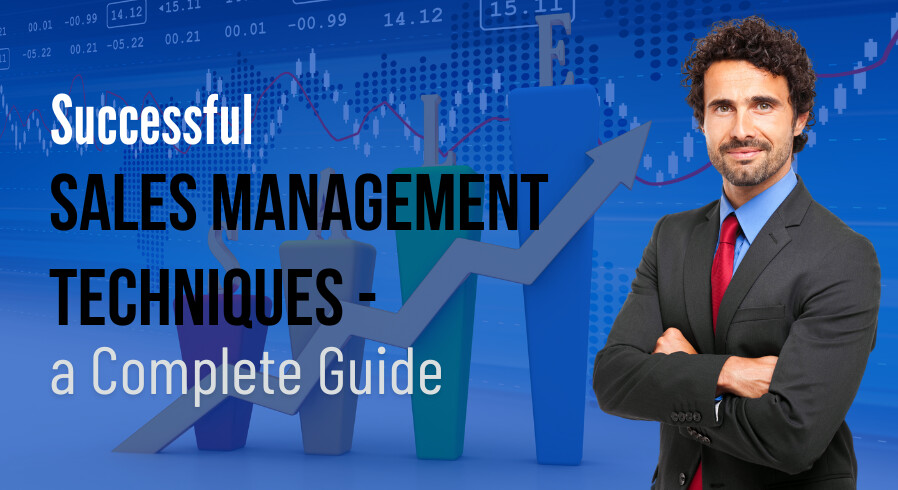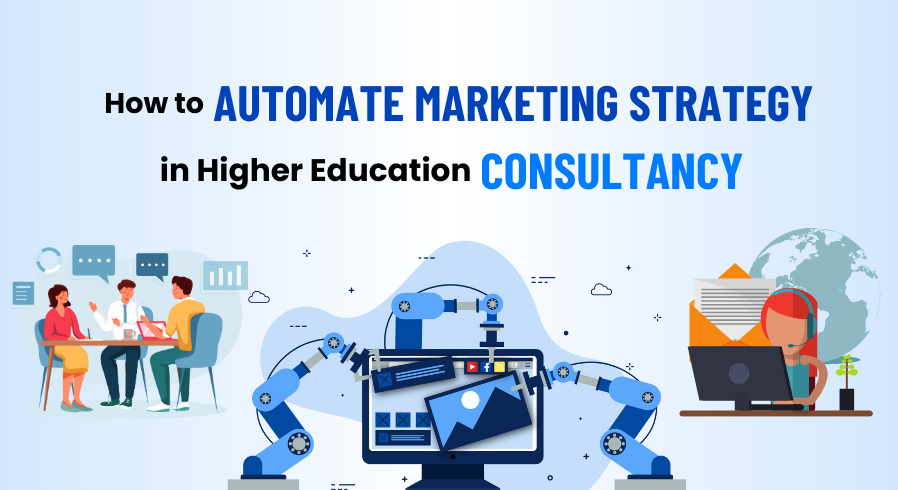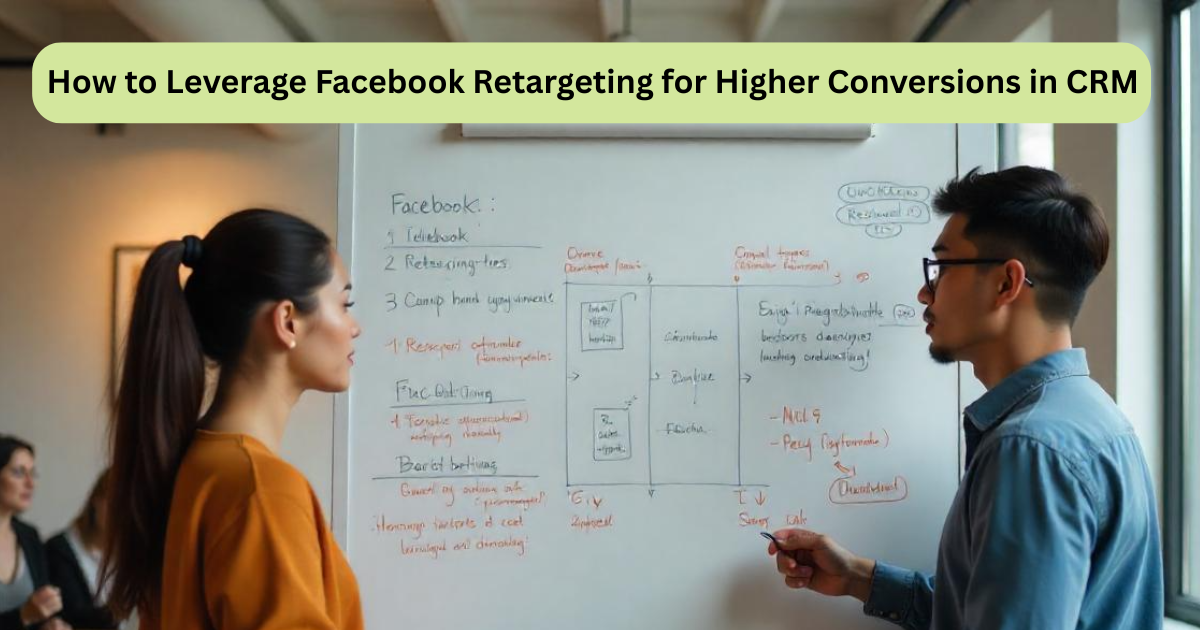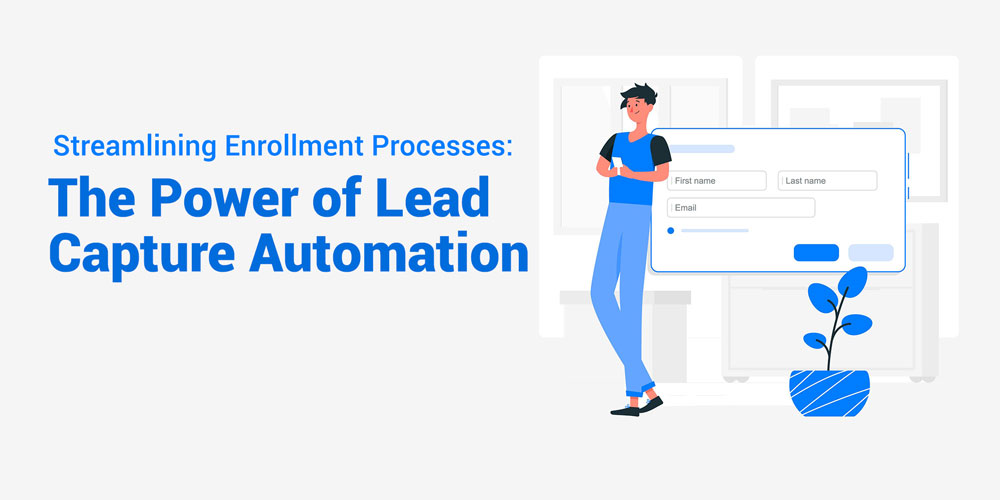Table of Contents

Consider hearing through a massive crowd of possible customers. Only which ones do you choose to invest time with? That's what lead scoring is for: sales and marketing teams can devote their focus to the higher-leverage leads, amplifying that advantage. Good lead scoring goes even further and increases the number of prospects that can ultimately convert into customers.
In this guide, you will learn the fundamental concepts of lead scoring and its benefits to business. Learn how it works, reasons for it to have a perfect execution, and how to implement it for your company:
What Is Lead Scoring?
Lead scoring is a metric to rank the potential customers based on the probability of purchasing from your organization. It interacts with data from both sales and marketing and scores leads using some measurable form of grade. A high score indicates strong potential for the lead to be sold. It is a bit like a report card for prospects so that your team can focus on the top performers.
History and Evolution of Lead Scoring
Years ago, sales teams depended on gut feelings and guesses. Companies had simple things – just simple questions. How things have changed within the course of the years in lead scoring! Nowadays, it is possible for automation tools and artificial intelligence to analyze large datasets quickly. This puts modern lead scoring models way smarter and more accurate than ever before.
Benefits of Implementing Lead Scoring
Implementing lead scoring into your strategy can do wonders for the business. Lead scoring increases sales productivity by allowing reps to focus on the best leads. It also helps your marketing team focus on the right audience with tailored messages. Lead scoring can give an added boost to the return on marketing spend, making every dollar work harder.
Why is lead scoring important?
Lead scoring is not just a matter of numbers, but it brings sales and marketing teams together to generate more qualified leads and accelerate closing.
For Sales Teams:
- Target High-Value Leads: Sales reps can prioritize leads with the highest scores and focus their energies on the prospects most likely to convert.
- Increase Efficiency: By concentrating their efforts on the high-value leads, the sales team can cut down on wasted efforts and speed up the closure of the deal.
- Manage Larger Lead Volumes: As per the structured scoring model, the sales teams may scale their outreach while maintaining focus on quality.
On Marketing Teams:
- Marketing Optimization: The lead scores alert marketers to the campaigns that tend to generate quality leads, thereby assisting them to streamline their marketing efforts.
- Lead Nurturing: Since marketing uses scores to customise content and messaging aimed at leads in various funnel stages, the end result would be an improved conversion rate.
- Resource Utilisation: With better information, marketing teams can be more effective with their resource allocation and focus on the channels that deliver the best results.
How Lead Scoring Works
Data Collection and Integration
Lead scoring is data-dependent. Examples of such information include demographics – for instance, age or location; behaviors- such as website visits or opening of mails; as well as some firmographic information like the size of the company. The best tools to gather this would be the customer relationship management systems and marketing automation systems, as they are capable of collecting the data and keeping it organised.
Building a Lead Scoring Model
After this, one can create a scoring plan. Decide on which traits, actions, or visions would make a lead more likely to purchase an actual product – for example, visiting a particular pricing page may earn them a point. Depending on how important the action or trait is, different scores can be attributed. Ultimately, the aim should be the cooperation between that scoring and what exactly an ideal customer looks like in terms of requisite dimensions and customer behavior during the purchase journey.
Scoring Algorithms and Techniques
There are mainly two approaches for scoring leads: rule-based scoring and predictive scoring. Rule-based scoring assigns score points based on fixed rules defined by the user. Predictive scoring uses data from artificial intelligence and machine learning tools to gather and analyze historical data; then, it enables one to determine trends and use this information to make educated predictions for determining which leads are more likely to become customers. The more intelligent the model becomes, the better the prioritisation for your team will be for the effort expended.
Continuous Optimization
You don't just set lead grading and leave it at that-not anymore. You must compare your scores to actual sales outcomes very regularly. It's a model that you will have to revisit, adjust according to feedback, and, if a certain behavior is no longer aligned with the buying process, you'll revise point levels to keep your scores stable.
Why Lead Scoring Is Critical for Business Success
Prioritizing Sales Efforts
Imagine your sales team concerned only with the high-scoring leads. It's like fishing, where you first throw the better net into the water to catch the biggest fish. And it really increases your chances of closing all the deals. Such companies like Salesforce have achieved such a high increase in efficiency from potential lead scoring.
Enhancing Marketing Strategies
Lead scoring proves to be effective in formulating better marketing strategies. The high-scoring leads can be addressed under a more personalized messaging system. Such as, hot leads could be directed to an invitation for a demo that happens to be free. Cold leads may be served educational content and resources. Personalizing these campaigns increases the chances of better engagement and trust.
Increasing Conversion Rates and Revenue
Studies demonstrate that an effective lead scoring system can generate conversion rate improvements of 30% for organizations. It further fast-tracks the sales process; a customer is nurtured and moved through the funnel faster. More conversion means more revenue, which eventually creates a healthier bottom line.
Aligning Sales and Marketing Teams
Lead scoring establishes a common language for sales and marketing. Both teams understand what constitutes a "hot lead" and agree on the measures to be taken at every score level. Because of this, the amount of confusion is reduced, and the need for back-and-forth discussion concerning the quality of leads is restricted.
Best Practices for Effective Lead Scoring
Define Clear Buyer Personas
Begin by showing yourself in detail what your ideal customer looks like. Adjust your scoring rules to match the attributes of these perfect fits. Map their buying processes to understand the signals indicating genuine interest.
Choose Relevant Data Points
Give attention to behaviors that indicate an intention to buy, such as downloading a product brochure or requesting a quote. Do not overemphasize basic personal details such as age or location unless it is really pertinent.
Set Realistic and Actionable Score Thresholds
Set a point threshold that specifies the score at which leads will be passed to sales. For instance, leads with 70 points or above could be ripe for direct outreach. Automatically create follow-up actions at score levels to maintain a smooth workflow.
Regularly Review and Adjust Scoring Models
Monitor your KPIs and conversion metrics closely. If you see some of your loudest leads underperforming, consider revisiting your model. Get verification against your sales team to understand how to be more accurate.
Use Technology to Automate and Scale
Lead-score automation implementation within CRM and marketing tools will save time. Analytics with AI will refine the model. This way, your lead scoring scales effortlessly as your business grows.
Tools and software for lead scoring
- Artificial intelligence lead management is a speedier, simpler option for sales teams to classify leads by assessing which leads have converted in the past. This instrument really helps focus on great deals with value derivation from AI on the lead potential, opportunity health, and relevant sales activities. Prospect and account research automation looks into the closing potential of a prospect.
- There is a lead scoring system in your CRM through which data syncing lives updated in case of using a lead scoring tool – from here, it can create internal categories from similar fields and thus save time and effort. Customisable for job titles like level C, put a lead under a title like CTO.
- The sales performance reports and dashboards integrated into the software should allow sales teams to predict lead conversion likelihood for sales forecasting and pipelines. These dashboards should be easy to visualise and tailored to every member of the sales team.
Real-World Examples of Lead Scoring Success
Case Study: HubSpot’s Use of Lead Scoring
Lead scoring was used by HubSpot to single out higher-quality marketing leads. Effective engagement with prospective customers was found to boost conversion indicating, eventually, the efforts churned out by the sales team would yield results in terms of deal closures.
Industry-Specific Applications
In SaaS companies, lead scoring was helpful for filtering prospects based on trial activity and engagement. B2B service organizations used it to identify decision-makers within companies. E-commerce firms applied it to target repeat customers and high-value buyers. Lead scoring worked for each of these.
Key Takeaways
Lead scoring can rank and prioritize potential customers. It aligns sales and marketing and improves revenue efficiency. Identify the targeted customer, collect certain and relevant data, and adjust them over time for effective lead scoring.
Done right, lead scoring is how to take guesswork out and put data-driven plans into the process. Lead scores can be used to zero in on high-prospect individuals from whom one can increase sales velocity.
Conclusion
By mastering lead scoring, you can surely open up new possibilities for growth. Your team would then be able to work smarter, close deals faster, and serve your customers better. Start building your lead scoring system without further ado. With the right data and proper planning, you will convert more prospects into loyal buyers and thrive.




_1750243890.jpg)




